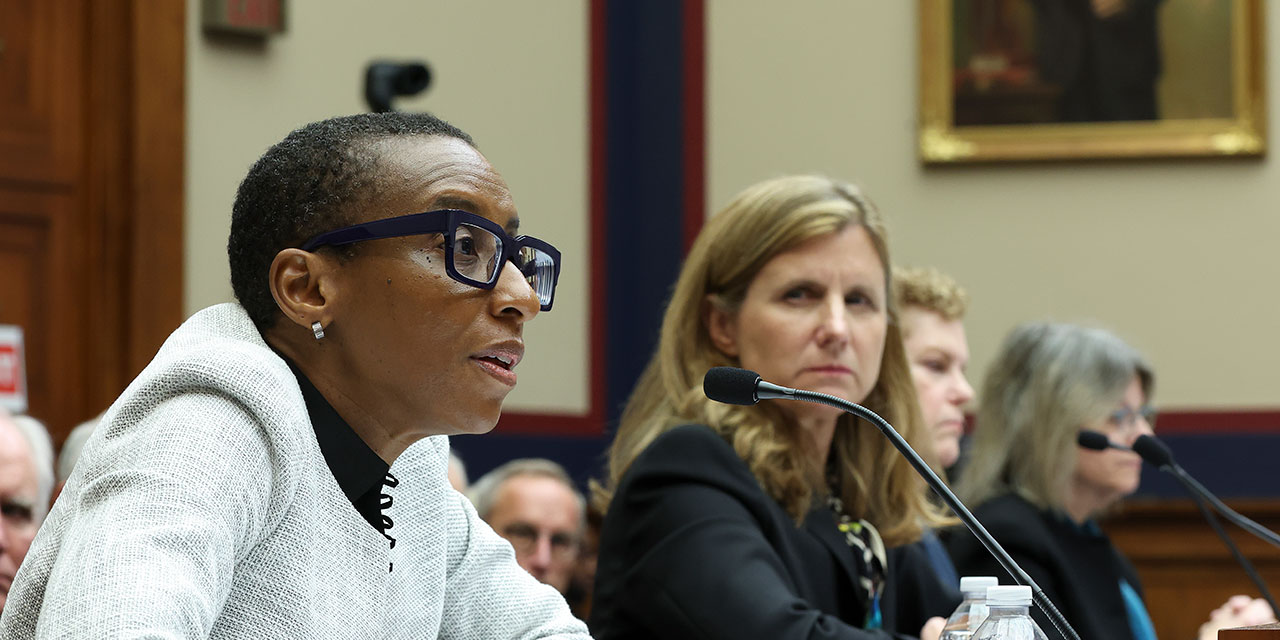Prospective medical school students should prepare for their interview as if it were a full-time job. That means dressing professionally, avoiding speaking too casually and preparing for prompts and questions.
“The interview day is very important in the process, and of course, you have to get invited for an interview,” says Beth Piraino, associate dean of admissions and financial aid at the University of Pittsburgh School of Medicine in Pennsylvania. “The interview day sort of makes or breaks the candidates.”
Interview Approaches Vary by Medical School
How med schools conduct interviews differs across institutions, Piraino notes.
“We not only do two one-on-one interviews, one with one of our medical students and one with the faculty, but we also do a team exercise or a small group exercise, which I don’t think most schools do,” she says.
The admissions team finds this helpful because the school curriculum is virtually all small group-based, she says.
At Pitt, applicants have a “menu” of questions they can choose from, and they must choose four. Prospective students invited for an interview can expect to devote about 40 minutes to answering a dilemma-based question in the small group Zoom.
“Each facilitator picks a different dilemma, so, one example is a case of a woman who’s been diagnosed with breast cancer,” Piraino says. “It’s not really about the treatment for the breast cancer, it’s about the communications with the health care team, which is a little bit fraught, so it’s not really being managed as patient-centered care and the patient is very frustrated with the lack of good communications with the team.”
Another dilemma Pitt has used in interviews is a pandemic occurring in which the emergency room is completely overrun.
“They’re running out of ventilators – what should the poor doctors in the health care team do in this situation?” she says. “It sounds a little too familiar, but they do really well with that one, actually.”
The University of New Mexico School of Medicine takes a holistic approach to interviews, similar to about half of U.S. medical schools, according to Robert Sapien, the school’s associate dean for admissions.
“What that means is that when we’re looking at an applicant, we look at the grades, we look at the scores, but it’s really more about the full applicant, a 360 view and what are they are going to contribute to medicine and their patients and are they going to be a positive attribute to the field,” Sapien says.
Other than a panel interview or virtual interviews, many med schools conduct multiple mini interviews, which he compares to speed dating. The University of Minnesota Medical School uses MMI, for example.
“These are short-form, very focused interviews on either specific questions or scenarios that are designed to give the admissions committee evidence of certain attributes or competencies,” says Dimple Patel, associate dean of admissions at the school.
Some of the “stations,” as they are called, include one focused on gauging an applicant’s empathetic skills. Some role-playing is involved, with the applicant having to deliver bad health news to someone.
Another station aims to provide the admissions team more information on a candidate’s ability to work through challenging situations in a professional manner. This could include admitting a mistake, explaining how they identified the mistake, working through it and explaining the steps the applicant would hypothetically take to ensure it doesn’t happen again.
Each station lasts about seven minutes.
Current Topics Discussed
Patel said another element of medical school interviews is gauging an applicant’s knowledge and experience with certain hot topics.
One example is having the applicant explain what in their portfolio can touch on the subject of health disparities and inequities in health care – or simply displaying knowledge on the topic.
Sapien says his school does the same.
“Committee members will ask controversial questions around abortion, about ICU beds that you have, like if you don’t have enough of those and you have three patients, who are you going to choose?” Sapien says. “They ask a lot about the healthcare needs and challenges of our state and challenges the applicant has gone through in life.”



